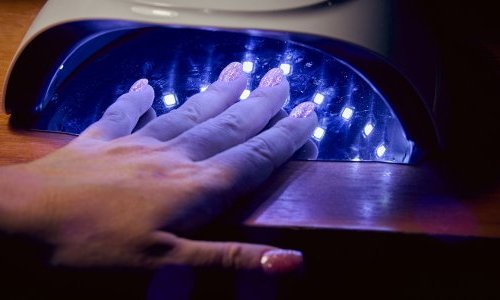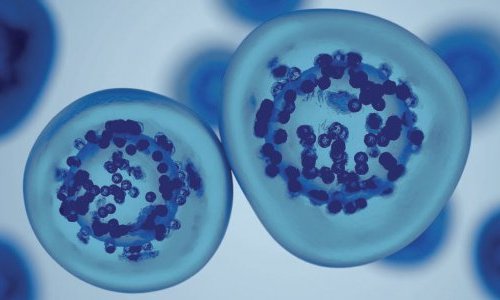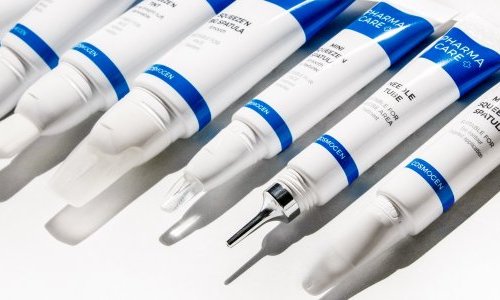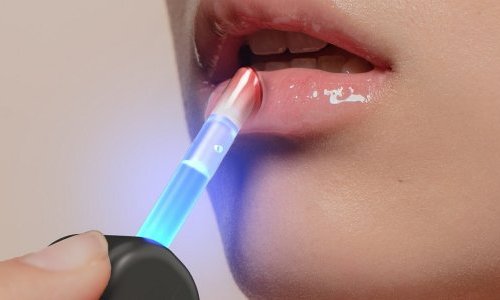The role of skin microbiota, in particular opportunistic pathogenic bacteria such as Staphylococcus aureus (S. aureus), in a variety of skin diseases is now well documented. More recently, studies reported an overrepresentation of the species Staphylococcus epidermidis (S. epidermidis) in the damaged areas of compromised skin. This common commensal bacterium of the healthy skin microbiota, which usually brings benefits to the host may also be involved in the compromised skin phenotypes.
The objective of the work carried out in Dr. Gallo’s team was to identify the role and mechanism of action of S. aureus and S. epidermidis in the pathogenesis of two inflammatory skin diseases: Netherton syndrome and atopic dermatitis.
The results supported the existence of a pathogenic role for S. epidermidis in compromised skin, similar to S. aureus. The deleterious effects of these two species result from an interspecies communication through a sophisticated system known as quorum sensing. This system allows synchronization of proteases secretion specific of each bacterial population. These virulence factors exacerbate the alterations in epidermal barrier function and inflammatory phenomenon characteristic of Netherton syndrome and atopic dermatitis.
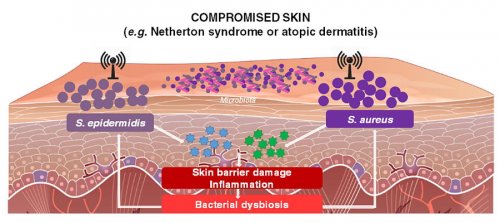
Laura Cau, who was involved in the project at UCSD as part of scientific international volunteering funded by Silab, explains: “These discoveries highlight the considerable influence of the interspecies communication within the epidermal ecosystem on skin health. They strengthen the understanding of the role of commensal microbiota in the development of inflammatory skin diseases”.
It is possible that other microbial species could have a similar detrimental effect, including fungi such as Malassezia furfur. Thus, both Netherton syndrome and atopic dermatitis appear as complex diseases influenced not only by the genome of the hosts but also that of the multiple species colonizing the skin.






